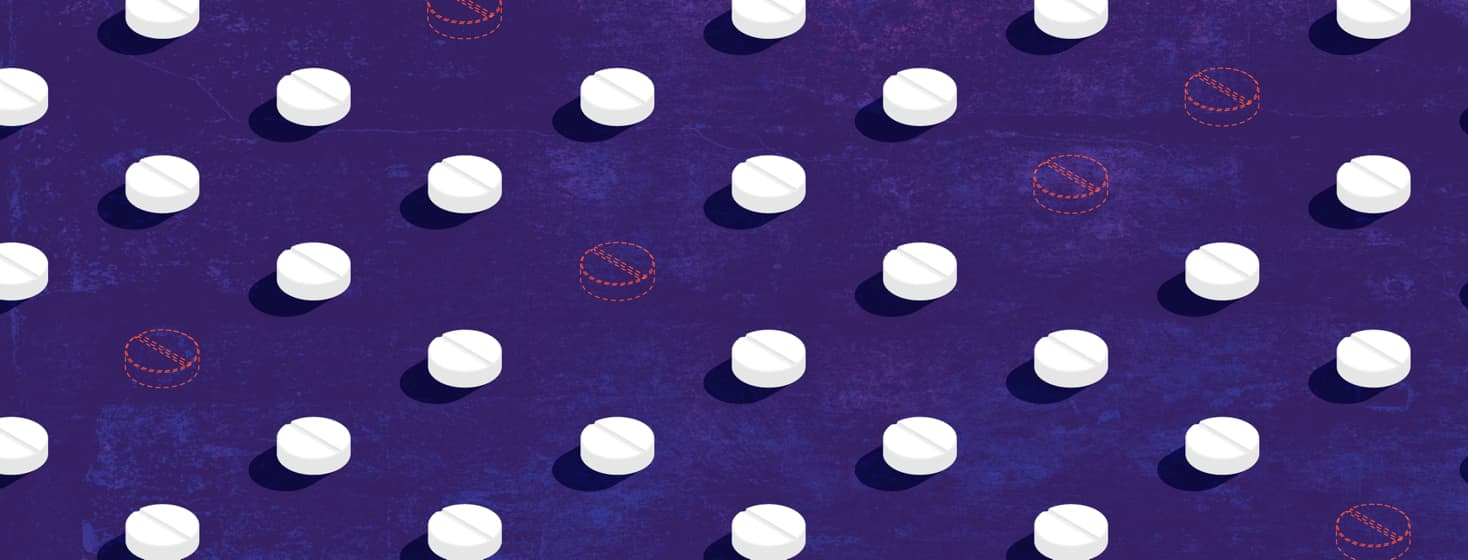The ABCs of Drug Shortages
Drug shortages seem to be occurring more often than in pre-pandemic times. These shortages can be very frustrating – particularly for patients – but also for pharmacists and physicians. Let's examine a few reasons why drug shortages occur, and what alternatives can be considered if a shortage is affecting your heart failure treatment plan.
Why do shortages occur?
There are various reasons why a drug shortage may occur, including1-2:
- Shortage in the active pharmaceutical ingredient (API). This is the ingredient that has the therapeutic effect. Sometimes, drug manufacturers procure these ingredients externally. Therefore, any supply chain constraints or events that affect the procurement of these ingredients can lead to drug shortages.
- Shortage in the filler ingredients. Drug shortages can be caused by the same reason as above, but due to an inability to supply the inactive ingredients (also known as fillers) that help bind the drug.
- Shortage in labor to manufacture and ship the products. This is not as common, but some manufacturers have experienced this, especially during the pandemic.
- Contaminated lots. A drug can be contaminated with a hazardous ingredient. Contamination of multiple lots will create a shortage in the supply chain.
When a shortage occurs, it affects ALL pharmacies' ability to order drugs. Remember, as frustrating as shortages are, it is not your pharmacist's fault – they are as frustrated as you are!
Will I be notified of a shortage?
Typically a customer will be informed of a drug shortage when they try to fill a prescription for a drug that is affected. Physicians are often unaware of the shortage unless the pharmacy informs them. However, most large-scale shortages are posted by the drug regulatory body of your country, such as the Food and Drug Administration (FDA) or Health Canada.1,3
Dealing with various shortage situations
Typically, it is up to the pharmacy and your doctor to work together to identify a solution for you, but it may also require your help. How the shortage situation is resolved will depend on what other alternatives are available.
Shortages where alternatives are available
If a shortage affects only one brand of the drug, the pharmacy will often auto-sub for another brand and there would be no interruption in your care. Sometimes, only some strengths of a drug are short. For example, if only atorvastatin 20 mg is short, a pharmacist may give you the 10 mg strength and advise you to take 2 tablets instead of 1.2
Shortages where there are no alternatives available
These are challenging situations and typically require the effort of yourself and your whole healthcare team. Examples of solutions include2:
- The pharmacy or you phoning around to other pharmacies to inquire whether they have stock from prior to the shortage.
- The pharmacy contacting your doctor to switch to an alternate drug. We saw this occur during the ARB (angiotensin II receptor blockers) shortage, a drug class that treats high blood pressure. Fortunately, there are various ARBs, so if one is short, your doctor can often switch you to another. It is worthwhile to note that while the drugs have the same mechanism of action, some people may tolerate one better than the other.
- If there are no other drugs within the class, a compounding pharmacy may be able to make the drug in-house. This may require your prescription to be transferred to a specialty compounding pharmacy.
Fortunately, most drug shortages are short-term in nature and there are alternatives to help ensure continuity of care.
Have you ever been impacted by a drug shortage related to any of your heart failure medications? Share your experiences below!

Join the conversation